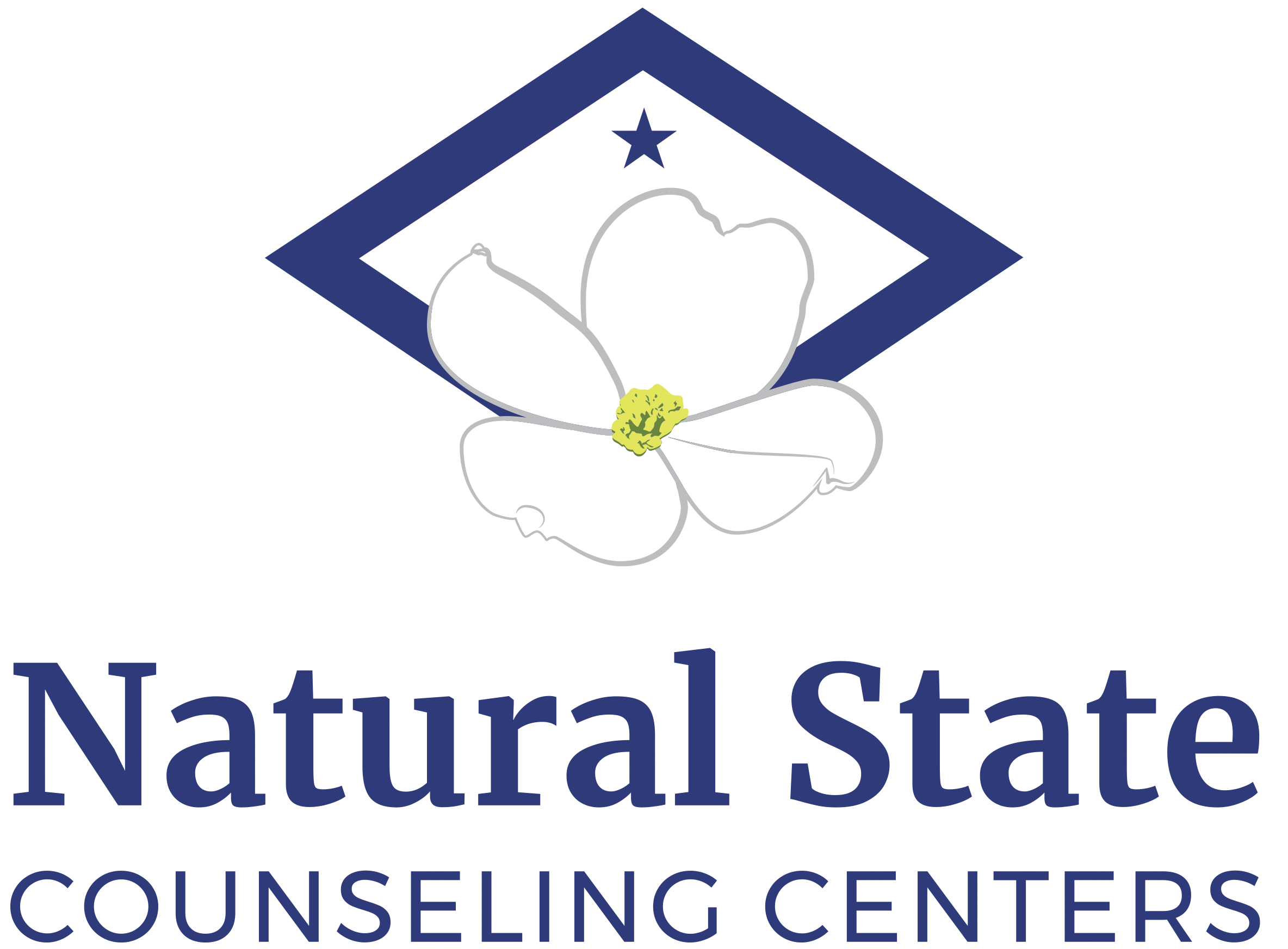What kind of training does your staff have?
Each of our staff members has either a Master’s or Doctoral degree in counseling or psychology, and is licensed by the Arkansas Board of Examiners in Counseling or the Arkansas Social Work Licensing Board.
Some of our staff members also have specialized training in specific areas of need. Please review each counselor’s bio for more information about their advanced specialized training.
Will what I share be kept private?
How long is a session and how often will I meet with a counselor?
An average session lasts 45-60 minutes depending on the agreement with your counselor. A person may come to counseling once or choose to continue regular counseling until they have met their goals. The number and frequency of sessions depends on several factors, including but not limited to: the goals established in therapy, severity of the issues, and the client’s willingness to actively participate. This will be determined by you and your counselor.
We also offer Intensive Counseling Sessions, which are typically 2-4 hours a day for 2-5 consecutive days, depending on client needs and counselor availability. Please click on the Intensive Tab at the top of our homepage to learn more about pricing and options.
I’ve never talked to anyone. I’m used to handling things on my own. Aren’t people who go to therapy weak?
Not at all. People who ask for help know when they need it and have the courage to reach out. Everyone needs help now and then. In our work together, we’ll help you explore and identify your strengths and how to implement them to reduce the influence of the problems you are facing.
What’s the difference between talking to you or my best friend or family?
The difference is between someone who can do something, and someone who has the training and experience to do that same thing professionally. A mental health professional can help you approach your situation in a new way– teach you new skills, gain different perspectives, listen to you without judgment or expectations, and help you listen to yourself. Furthermore, counseling is completely confidential. You won’t have to worry about others “knowing my business.” Lastly, if your situation provokes a great deal of negative emotion, and you’ve been confiding in a friend or family member, there is the risk that once you are feeling better you could start avoiding that person so you aren’t reminded of this difficult time in your life.
Why shouldn’t I just take medication?
Medication can be effective but it alone cannot solve all issues. Sometimes medication is needed in conjunction with counseling. Our work together is designed to explore and unpack the problems you are experiencing and expand on your strengths that can help you accomplish your personal goals.
How does it work? What do I have to do in sessions?
Because each person has different issues and goals for counseling, it will be different depending on the individual. We tailor our therapeutic approach to your specific needs.
I want to get the most out of therapy. What can I do to help?
We are so glad you are dedicated to getting the most out of your sessions. Your active participation and dedication will be crucial to your success.


